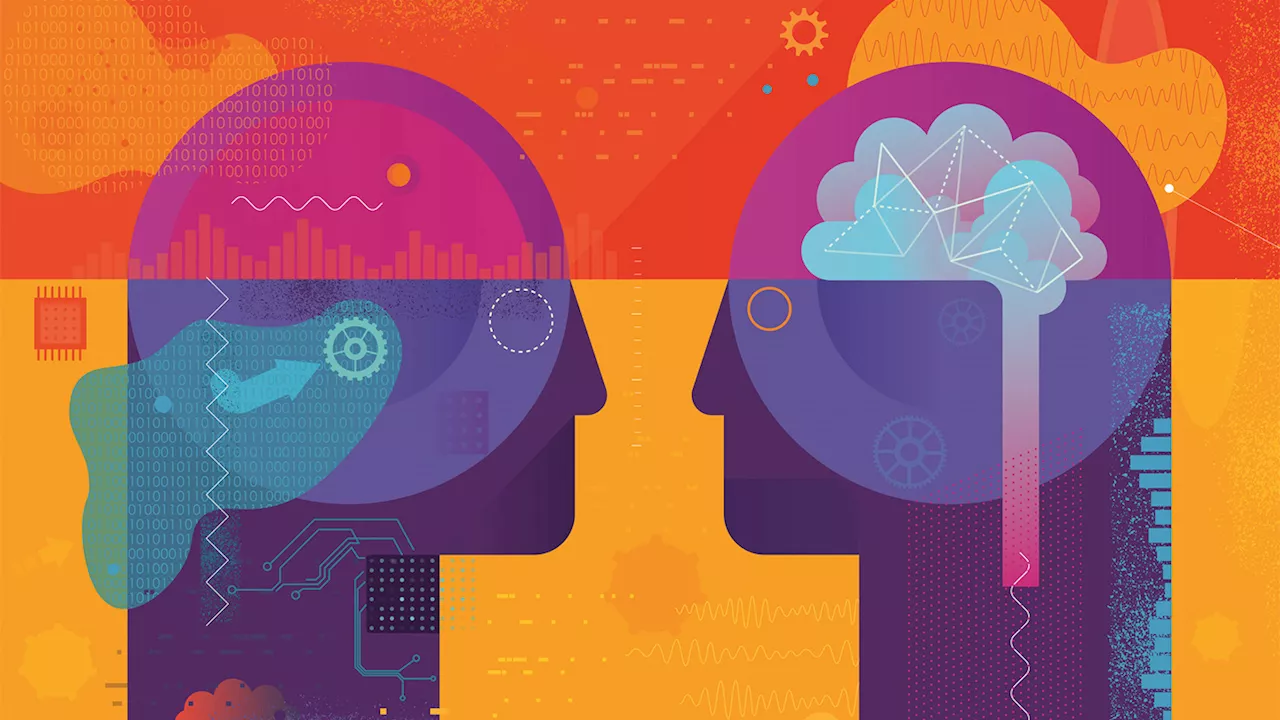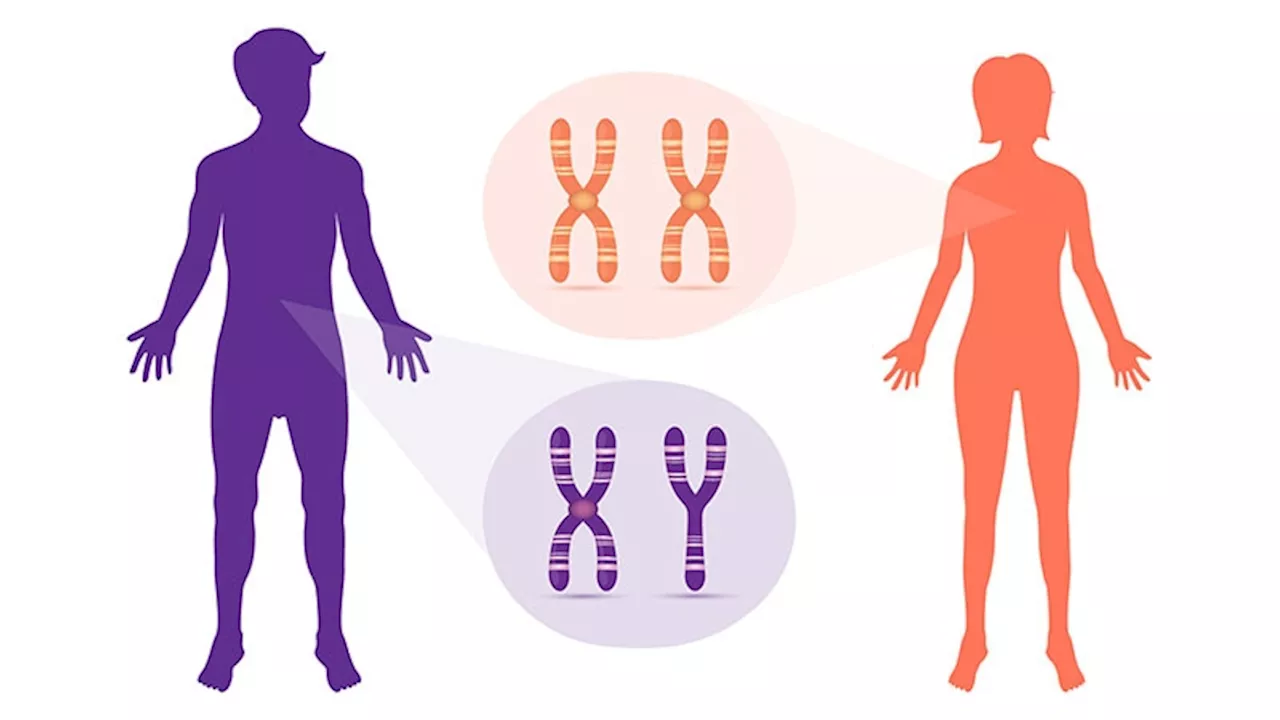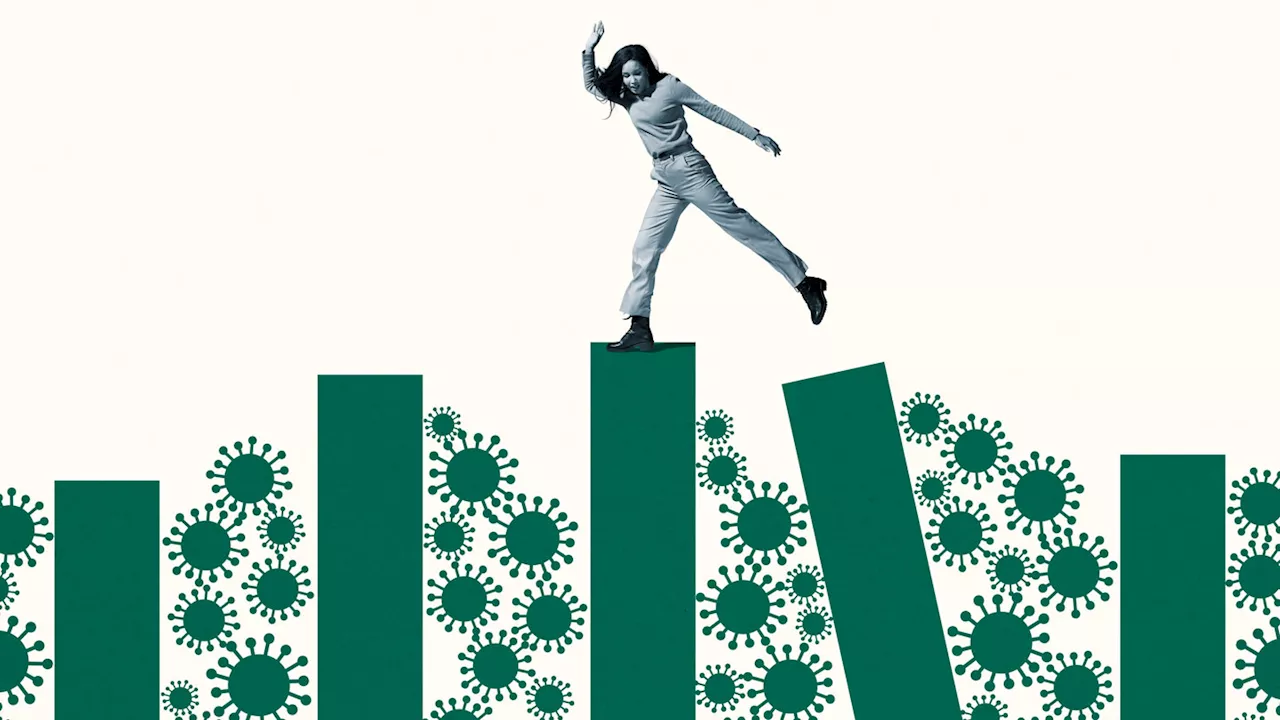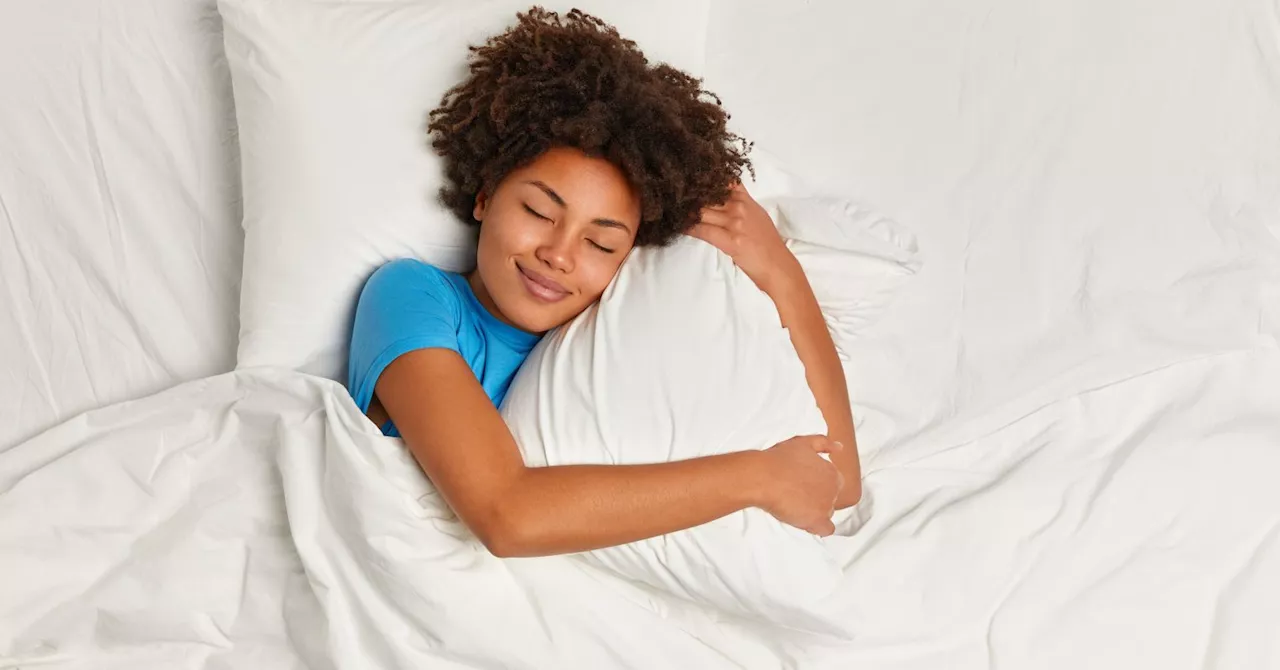Feeling well-rested isn't just a matter of sleeping more; quality is key. Understanding this crucial measure can help you overcome insomnia.
Improving sleep efficiency addresses many of the problems that contribute to insomnia.The best-tested treatments for sleep problems tend to be very data-focused: what time you go to bed, number and length of naps, how long it takes you to fall asleep, number of times you awake in the night, and so forth. But one less familiar number is especially important: sleep efficiency.Sleep efficiency is the percentage of time you're in bed that you're actually asleep.
Then, adjust your time in bed to align with how much sleep you tend to get. Aim to be in bed for your average sleep time plus 30 minutes or so, to allow time for falling asleep and brief middle-of-the-night awakenings. For example, if your average sleep time is seven hours 30 minutes, give yourself about eight hours in bed each night.
Many people find that they wind up sleeping just as much—or more—when they take steps to improve their sleep efficiency. However, it may take a few nights for your sleep to consolidate. Your brain and body might be used to being awake for long stretches in the night, so there is usually an adjustment period when you start matching your time in bed to how long you actually sleep. It could take a week or so for your sleep efficiency to improve.
If your sleep efficiency reaches 90 percent or more but you don't feel well-rested, you may need to increase your time in bed. It's safest to add time gradually—for example, experiment with an additional 15 minutes per night and work up slowly from there so your sleep quality doesn't fall apart. Eventually you can find the right balance where your sleep efficiency is high and you wake up feeling refreshed.Muench, A., Vargas, I., Grandner, M. A., Ellis, J. G., Posner, D., Bastien, C.
United Kingdom Latest News, United Kingdom Headlines
Similar News:You can also read news stories similar to this one that we have collected from other news sources.
 Charles Melton on Heroes, Ambition, and “Understanding Repression” for ‘May December’After spending six seasons on ‘Riverdale,’ the actor has redefined himself as a dramatic Hollywood heartthrob.
Charles Melton on Heroes, Ambition, and “Understanding Repression” for ‘May December’After spending six seasons on ‘Riverdale,’ the actor has redefined himself as a dramatic Hollywood heartthrob.
Read more »
 Understanding *This* Will Help You Hack Your Libido For The BetterUnderstanding libido shifts beyond just ovulation.
Understanding *This* Will Help You Hack Your Libido For The BetterUnderstanding libido shifts beyond just ovulation.
Read more »
 Why large language models aren’t headed toward humanlike understandingUnlike people, today's generative AI isn’t good at learning concepts that it can apply to new situations.
Why large language models aren’t headed toward humanlike understandingUnlike people, today's generative AI isn’t good at learning concepts that it can apply to new situations.
Read more »
 Biological Sex Differences: Key to Understanding Long COVID?New evidence continues to suggest a complicated link between sex hormone fluctuation and immune dysfunction in long COVID.
Biological Sex Differences: Key to Understanding Long COVID?New evidence continues to suggest a complicated link between sex hormone fluctuation and immune dysfunction in long COVID.
Read more »
 The blood holds clues to understanding long COVIDA growing cadre of labs are sketching out some of the molecular and cellular characters at play in long COVID, a once-seemingly inscrutable disease.
The blood holds clues to understanding long COVIDA growing cadre of labs are sketching out some of the molecular and cellular characters at play in long COVID, a once-seemingly inscrutable disease.
Read more »
 'Baby quasars' spotted by James Webb telescope could transform our understanding of monster black holesJennifer Nalewicki is a Salt Lake City-based journalist whose work has been featured in The New York Times, Smithsonian Magazine, Scientific American, Popular Mechanics and more. She covers several science topics from planet Earth to paleontology and archaeology to health and culture. Prior to freelancing, Jennifer held an Editor role at Time Inc.
'Baby quasars' spotted by James Webb telescope could transform our understanding of monster black holesJennifer Nalewicki is a Salt Lake City-based journalist whose work has been featured in The New York Times, Smithsonian Magazine, Scientific American, Popular Mechanics and more. She covers several science topics from planet Earth to paleontology and archaeology to health and culture. Prior to freelancing, Jennifer held an Editor role at Time Inc.
Read more »
